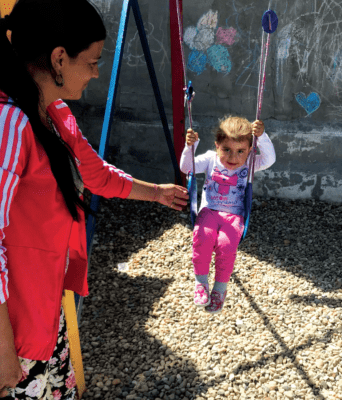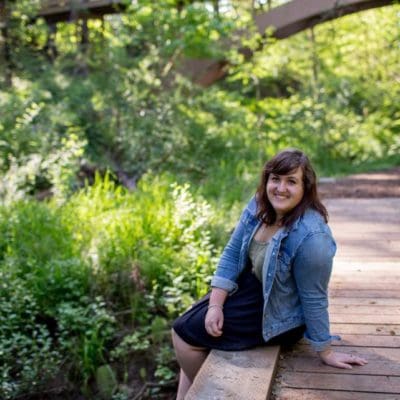Bearing Witness
When we see the kids and families that come to our center face abuse, trafficking, exclusion from school, parents that have had to leave the country, chronic health problems, trauma, or malnourishment, it makes no sense why we would celebrate suffering. No child should have to suffer from hunger, no woman should have to suffer the fear and pain of staying in an abusive situation. To celebrate such suffering seems terrible. We cannot celebrate this and God does not celebrate this. Yet, when understanding this as a lifestyle celebration we state that ‘we celebrate suffering as a willing sacrifice in serving Jesus.’
We are committing to true compassion, which is defined as “suffering with.” We see this example in the life of Jesus. In fact, Jesus’ whole life and mission involve accepting powerlessness and revealing in this powerlessness the limitlessness of God’s love. Here we see what compassion means. It is not “a bending toward the underprivileged from a privileged position; it is not reaching out from on high to those who are less fortunate below; it is not a gesture of sympathy or pity for those who fail to make it in the upward pull. On the contrary, compassion means going directly to those people and places where suffering is most acute and building a home there.” (Henri Nouwen, Compassion). When we celebrate suffering, we are committing to not turning away from the pain that we fear so much, but rather, choose to be with those that are suffering, even if we do not know what to say.
The story of Viktor Frankl is a powerful example of how suffering cannot and should not be elevated, but instead, we are called to bear witness against those that cause suffering. Frankl tells of his struggle with meaning and hanging onto life in a concentration camp, where suffering was acute and unavoidable. One observation Frankl makes describes how more people in the concentrations camps died from lack of hope rather than lack of food or medicine. But first he asserts that suffering in and of itself is meaningless. In this way, he doesn’t spiritualize suffering, but looks at it squarely. However, he does assert that meaning can be found in this suffering. He describes his experience of suffering in every way. He speaks of physical pain, but mental and emotional suffering were just as acute.

A WMF Romania staff member helps push a young girl on the swing during playtime.
In his story, Frankl takes up the call of “bearing witness” to the horrors of the Holocaust, lest anyone forget what humans can do to one another, and also leads the reader through how hope and holding onto life was possible. When the human body is totally broken down, the mind and spirit are greatly taxed and stressed, but it is possible to maintain and find meaning and love. Holding on to these things made it possible to survive at all.
After his liberation from the concentration camp, he dedicated his life to studying meaning, and studying how people find meaning even in suffering. This meaning can come by creating or doing a work, by encounters with others, and by our attitudes toward suffering.
Ultimately, Frankl shows that he is a survivor of concentration camps but can “bear witness to the unexpected extent to which man is capable of defying and braving even the worst conditions conceivable.” (Frankl, Man’s Search for Meaning). We seek to be witnesses, and to bear witness to Christ, who is already at work in the lives of the families and children around us. We bear witness to the healing that occurs in creating something, in restored dignity, in the encounter with the incarnate Word of God.
We do not desire suffering, but we desire to be with those that are suffering, and to not be alone in our own suffering. In this way, we celebrate the compassionate God that came to be with us in our suffering, with the promise that one day we would suffer no more.
 ABOUT MIKALYA
ABOUT MIKALYA
Mikayla Greenwell has been a part of the Word Made Flesh Romania community for 2.5 years. She graduated from George Fox University and moved to Romania in November 2016 after studying abroad with Word Made Flesh and leading 3-week teams to Romania in the summer. She is also attending Fuller Theological Seminary online and is one semester away from receiving her Masters of Divinity degree. She enjoys a good cup of coffee, being with people, and traveling.
Connect with Mikayla: mikayla.greenwell@wordmadeflesh.org
